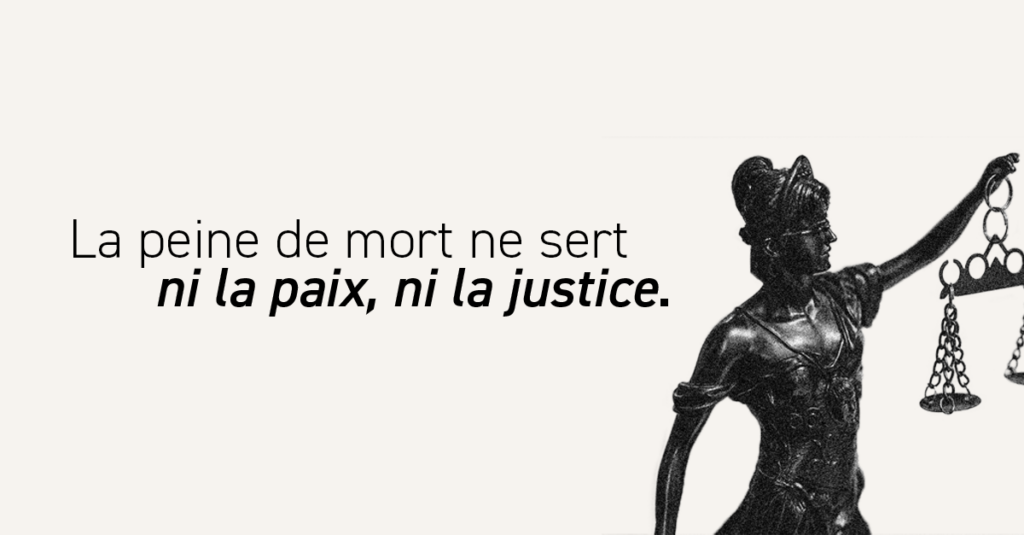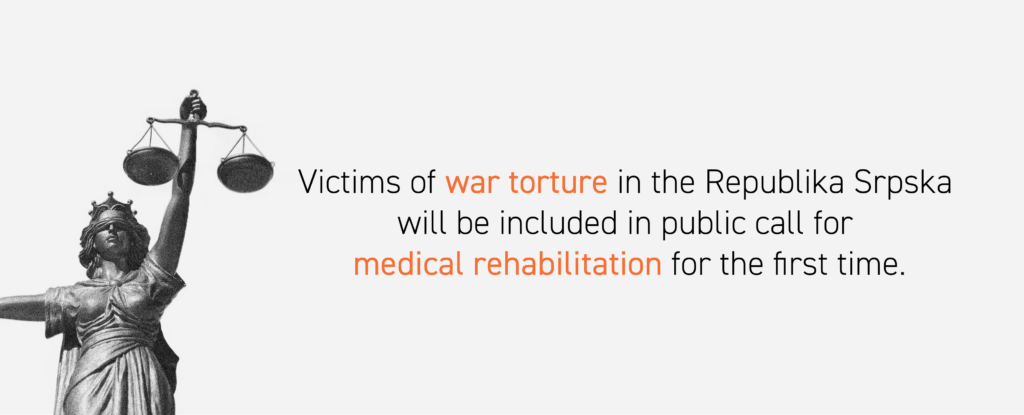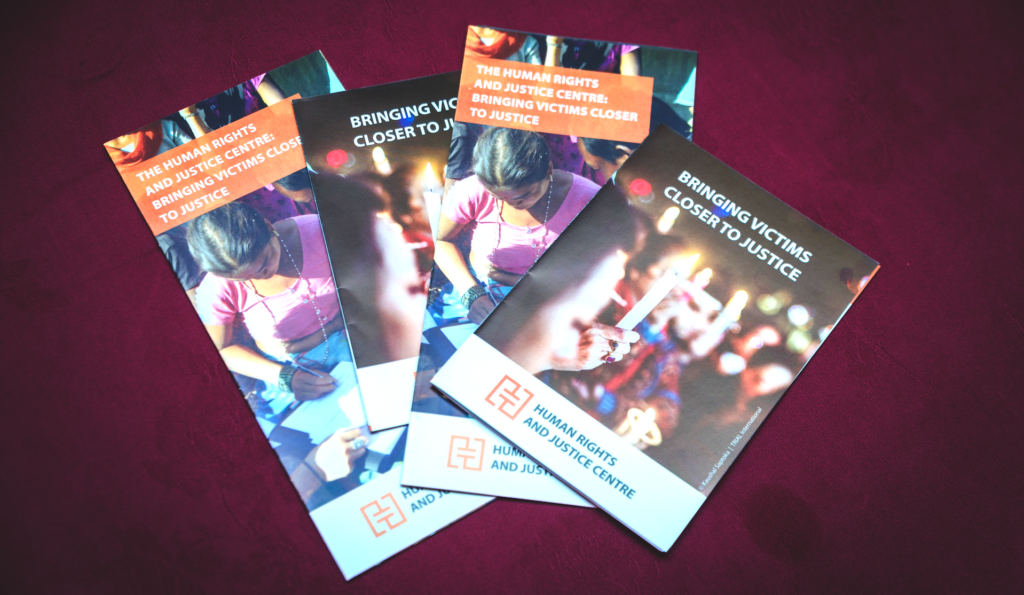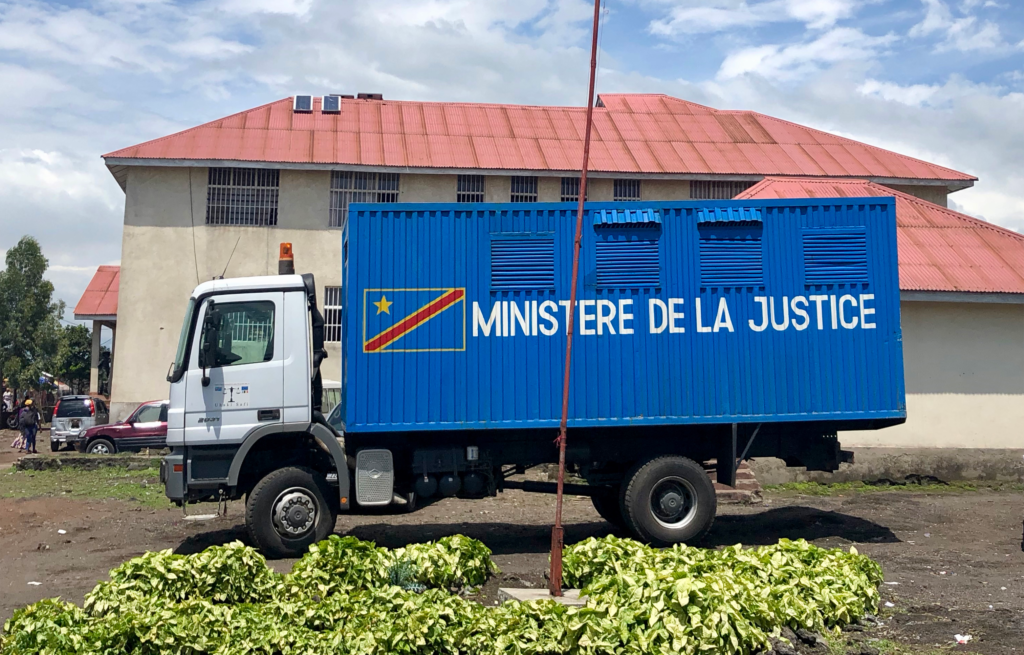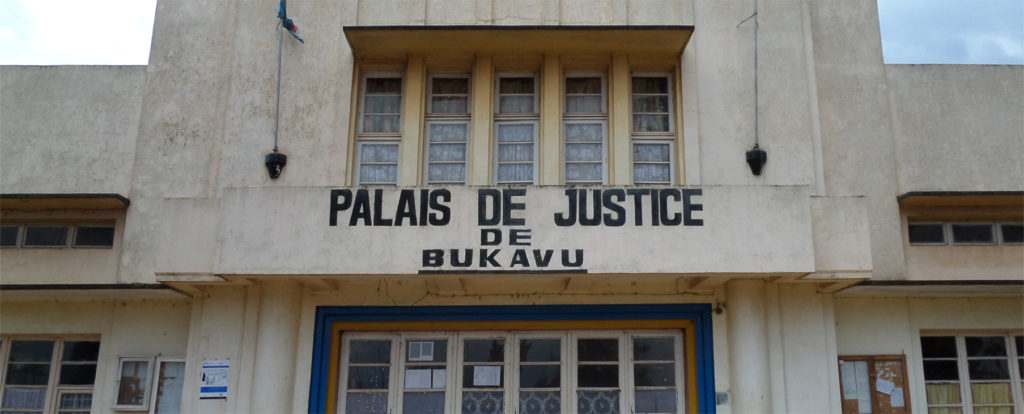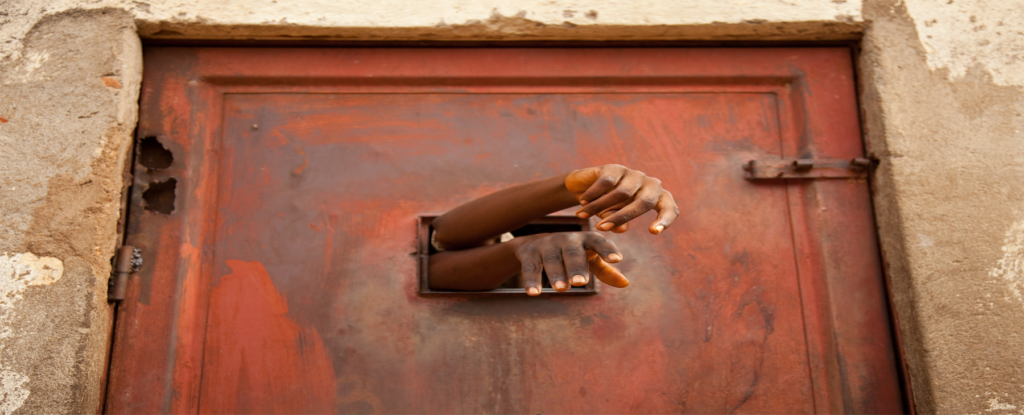Hom Bahadur Bagale v. Nepal : arbitrary detention and torture denounced before the UN
Mr Hom Bahadur Bagale, a policeman from Nepal, experienced several episodes of arbitrary detention and torture from 2002 to 2006. All his attempts to obtain justice and punishment of the perpetrators failed, and in fact exposed him to more violations. To end this circle of threats and abuses, TRIAL International took his case before the United Nations Human Rights Committee. And won.
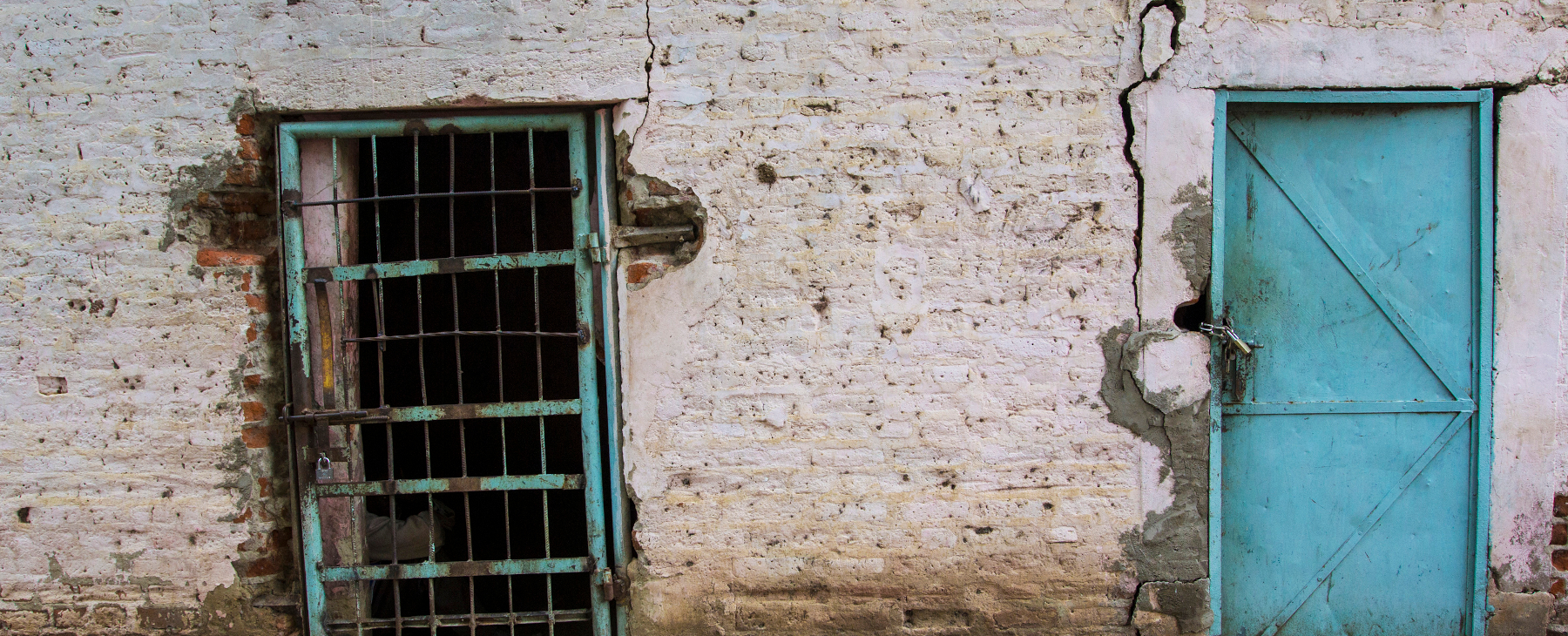
Mr Hom Bahadur Bagale served in the Nepalese police from 1984 to 2006. In 2002, he was wrongly accused by his hierarchical superior to have stolen gold. Upon his refusal to “confess”, his superior ordered his deprivation of liberty. Mr Bagale was not informed of the reasons for his arrest or of any charges formally pressed against him. The procedures prescribed under Nepalese legislation to carry out an arrest and to detain a person were not respected.
Mr Bagale was kept in a custody room of Hanumandhoka Police Range, in Kathmandu. He was handcuffed and forced to wear a hood. He was placed in solitary confinement and had no contact with the outside world. He was not provided any food or water and the conditions of detention were inhumane: the room was dark and dirty, filled with bugs and with no toilet.
While being held, Mr Bagale was subjected to repeated interrogations, always aiming at obtaining information on his alleged involvement in the theft of gold. On the occasion of these interrogations, he was tortured and subjected to severe ill-treatment. Abuses were committed outside of the police premises too: policemen conducted a search at Mr Bagale’s home without any warrant. The victim’s relatives (in particular his wife and daughter) were harassed, verbally and sexually, and threatened with death.
All legal avenues blocked
Mr Bagale was eventually freed but continued to be threatened by his superiors. Despite the risks and continuous intimidations, he lodged a complaint before domestic judicial bodies. Nothing happened – in fact, the threats intensified and he has deprived of his liberty once again – so Mr Bagale filed a complaint before the National Human Rights Commission, requesting the latter to protect his life. The National Human Rights Commission did not take any action upon Mr Bagale’s complaint, due to the fact that his case was already sub judice in court.
In 2004, the Kathmandu District Court rejected Mr Bagale’s complaint, holding that the author’s claims could not be substantiated, pursuant to the definition of torture provided by the applicable Nepalese legislation. Mr Bagale appealed against this decision, but the Appellate Court upheld the ruling. Seized on the matter, the Supreme Court of Nepal also upheld the rulings of the lower courts.
New episodes of violence
In 2006, Mr Bagale attempted to resign from the Nepalese Police and applied for retirement, triggering further threats and pressures to withdraw his previous complaints. He was once again arbitrarily deprived of his liberty, beaten and held incommunicado in inhumane conditions.
Although this time the Supreme Court recognized Mr Bagale’s arrest and detention to be arbitrary, and ordered his release, it did not pronounce itself on the alleged torture and ill-treatment suffered by Mr Bagale. A little later, the Kathmandu District Court recognized the acts of torture but denied taking action against the perpetrators. Moreover, the victim never received the determined compensation sum.
As a consequence of the ill-treatment inflicted on him, Mr Bagale is facing serious psychological consequences (including depression, anxiety, paranoia, and personality disorders). No one has been prosecuted and sanctioned for his arbitrary detention and torture.
Bringing the case to the international level
On 10 December 2015, supported by TRIAL International, Mr Bagale brought his case before the United Nations Human Rights Committee (HRC). In his complaint, he alleges to be victim of a violation of Articles 2, 7, 9, 10 and 17 (respectively, right to an effective remedy, prohibition of torture, right to personal liberty, right to be treated humanely while in detention and right to privacy and family life) of the International Covenant on Civil and Political Rights, to which Nepal is party. He requested the HRC to establish that Nepal is under an obligation to investigate the facts, punish those responsible and offer him integral reparations including protection measures, full medical and psychological care and public acknowledgment of, and apology for the crimes.
On 2 November 2020, the HRC sided with TRIAL International and Mr Bagale and recognized that Nepal had violated its international obligations and should take steps to prevent the occurrence of similar violations in the future. Moreover, Nepal should ensure that its legislation effectively criminalizes torture and provides for appropriate sanctions and remedies commensurate with the gravity of the crimes.
It is now up to the domestic authorities to enforce the HRC’s recommendations – in all likelihood a long and arduous task in which TRIAL International will continue to support the victim.

